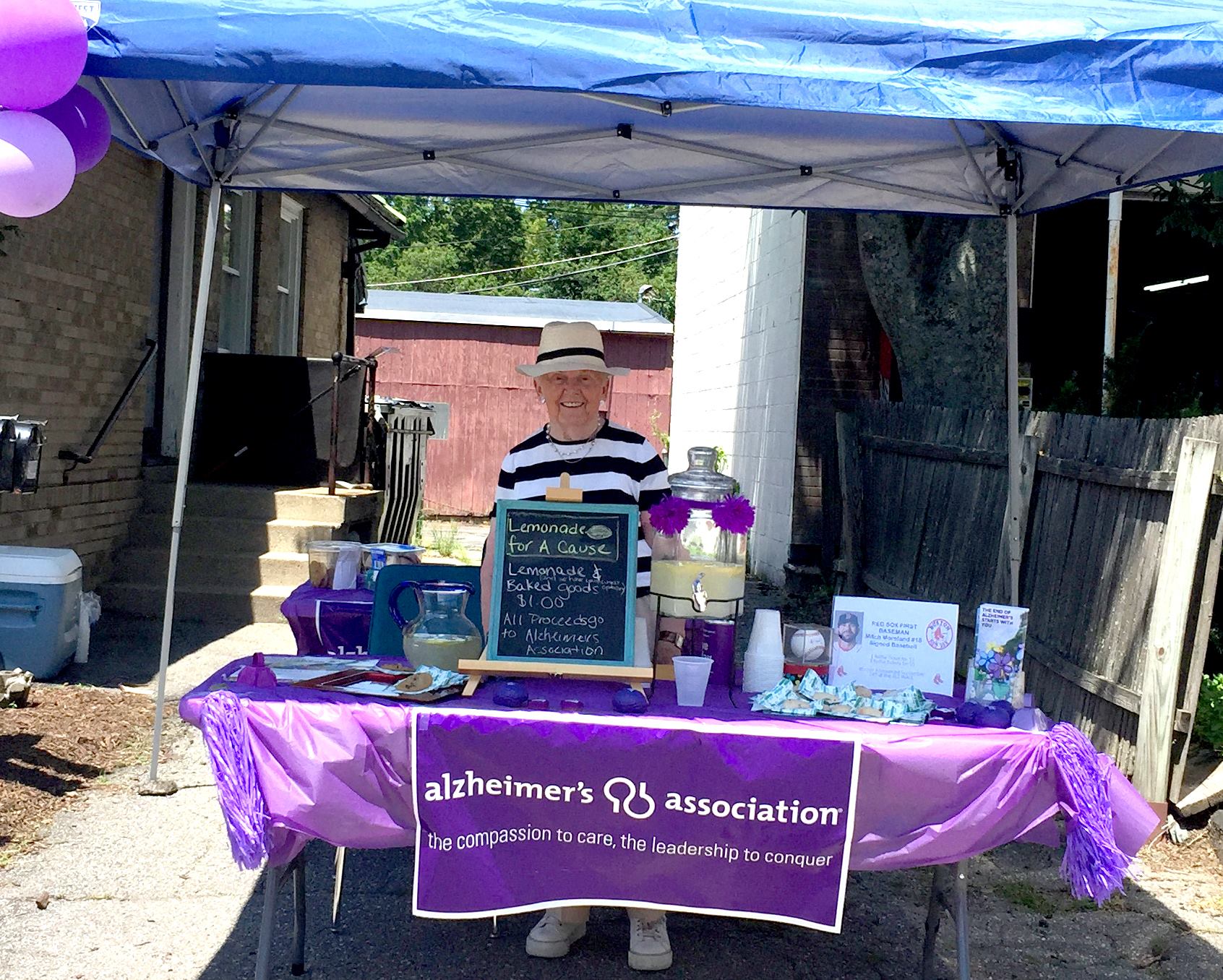Community Partners

Our philosophy at Seniors Helping Seniors is to be deeply rooted in the communities that we serve. As a community-based organization, we rely on partnerships and alliances with organizations that share our mission of supporting seniors with a dignified and thoughtful approach. Creative thinking, collaboration and inclusivity are some of our core values that our partners share with us.
Learn more about our partners below:
Aging Life Care Association
Aging Life Care™, also known as geriatric care management, is a holistic, client-centered approach to caring for older adults or others facing ongoing health challenges. Working with families, the expertise of Aging Life Care Professionals provides the answers at a time of uncertainty. Their guidance leads families to the actions and decisions that ensure quality care and an optimal life for those they love, thus reducing worry, stress and time off of work for family caregivers through:
-
Assessment and monitoring
-
Planning and problem-solving
-
Education and advocacy
-
Family caregiver coaching
Alzheimer’s Association
The Alzheimer’s Association is the leading voluntary health organization in Alzheimer’s care, support and research.
- We provide care and support
- We accelerate research
- We advocate
Councils on Aging
Councils on Aging (COAs) are the community focal point for social and support services to elders, families and caregivers in 349 cities and towns in Massachusetts. These municipal agencies develop priorities, serve as advocates and offer opportunities to access programs, services and activities that directly benefit more than 540,000 elders, families and caregivers annually.
COAs conduct more than 100 programs from information and referral, outreach, transportation, meals (congregate and/or home delivered) to health screening, health insurance information benefits counseling (SHINE), fitness, recreation, computer access, education/life long learning, among others. In most communities, COAs serve as the only public social service agency and assist numerous non-elders in accessing public benefits. They may also serve as a link to and support for elders and others in case of local emergencies.
